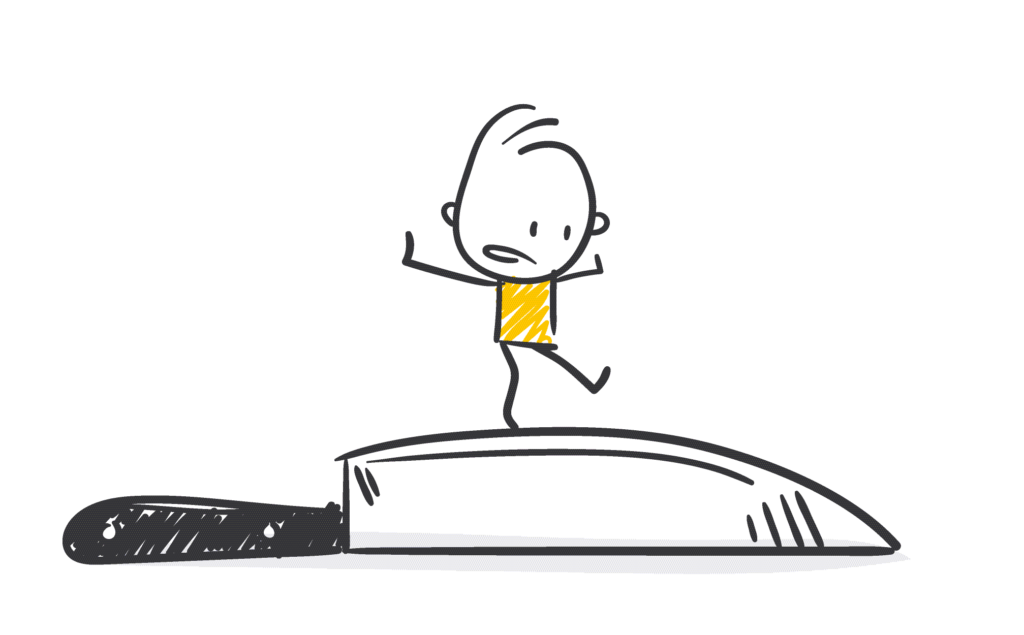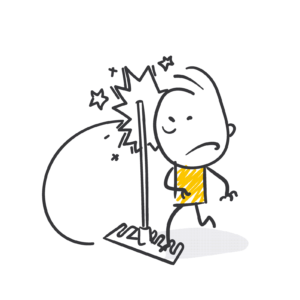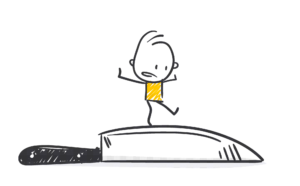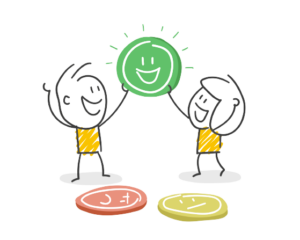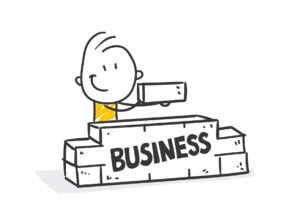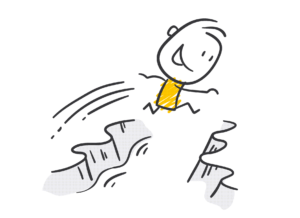In today’s digital age, the accessibility of do-it-yourself (“DIY”) Wills and Trusts services is undeniable. From online estate planning platforms to freely downloadable forms, the options seem endless. However, what these DIY Wills & Trusts websites and online forms fail to advise are the potential consequences of using their services or ensuring the reliability of a plan when your loved ones require it most.
Legal Documents Have Legal Consequences
It is important to recognize that Wills and Trusts, and other legal documents every adult should have – such as a health care directive and durable power of attorney – are legal documents with legal consequences. Even if one understands the words on the paper, the details within are often overlooked. There is a reason lawyers have to complete college, graduate from law school, then pass a bar exam before they can practice. It takes considerable time and effort to learn the law, the legal terminology, the application of the law, and the potential consequences if something goes wrong.
Yet you may still be getting sold on the idea that you can draft legal documents on your own, using an online website or downloadable forms. Their promise is you can save money, and completely protect yourself and your loved ones from the legal consequences of not having planning in place. However, given the timing of this article’s publication in early April, we debunk such claims as an “April Fools” joke.
A Real-Life Cautionary Narrative
To dissuade individuals from falling prey to misguided notions, let’s illustrate the pitfalls of drafting legal documents independently without comprehending the consequences.
Consider the following true account:
After a woman passed away, her husband came to us to seek legal counsel on what to do next. The woman, whom we’ll refer to as “Jane,” inherited assets from her first husband, whom we’ll refer to as “John”. She cherished her adult children and grandchildren, expressing her desire to ensure they received their due inheritance from their father. Although she intended to allocate some funds to her second husband, “James”, she made it explicitly clear to her family that her foremost concern was to provide for her children and grandchildren.
Jane, frugal by nature, was against spending on legal services and so she performed online research about “Wills and Trusts”, downloading forms and drafting her own documents. Learning from online sources that a Trust could prevent the probate process, she presumed that drafting her own Trust would both fulfill her objectives and save money at the same time.
You may already see where this is going…
After Jane passed away, when John’s lawyer read Jane’s DIY Trust, they realized that Jane actually left her entire inheritance to her second husband, James. Jane legally disinherited her children and grandchildren. Jane’s DIY Trust was also subject to laws of a different U.S. State than the one she lived in, meaning that any legal process related to the Trust would be more complicated than it needed to be. Surely this was not the result Jane wanted.
Jane not only disinherited her children, but she failed to transfer her house to the Trust, despite drafting and filing a deed on her own, and she left some assets out of her Trust altogether. So, while she thought she was doing the right thing, what she really did was leave her loved ones with a giant, expensive mess.
Not surprisingly, the family ended up in probate court and years later, the matter still is not resolved.
Avoid Replicating Mistakes
Jane likely took advice from well-intentioned online sources like Dave Ramsey and Suze Orman – both of whom advocate for self-drafted Wills and Trusts. She likely presumed she understood the words in the legal documents she prepared and signed. Undoubtedly, she believed she was simplifying matters for her family and ensuring her children and grandchildren received their intended inheritance. Unfortunately, Jane was misled.
Do not be Jane.
Hiring real-life lawyers, such as those at Jacob & Greenfield, will help you avoid the unintended consequences of DIY wills and trusts. Had Jane worked with experienced estate planning lawyers, she would have been advised and guided to create a customized plan that aligned with Jane’s goals and objectives, all while avoiding court involvement and family conflict. This proactive approach would have spared her family years of anguish and financial strain. Jane’s story underscores the importance of seeking legal counsel when dealing with legal documents—including Wills and Trusts.
Do not trust those who say you can do your estate planning cheaply with DIY alternatives.
Do not be Jane.
What to Do Instead
You owe it to your loved ones to take the time and put in the investment to do your estate planning the right way and keep it updated over time. In fact, it is the last and greatest gift you can leave your family. Having your affairs in order, so your loved ones do not have a mess on their hands and are allowed to process their grief in peace, is your final act of love.
If you want to leave this last gift of your love, we can help. At Jacob & Greenfield, we do not just draft documents, we help protect everything you love the most. We look at your specific family dynamics and your goals and objectives, and then work with you to create a plan that ensures you and your loved ones avoid the stress, conflict, and chaos that comes from DIY planning.
To learn more about our Florida estate planning services and how we work with you to ensure that you have a plan in place that works for your family’s unique and individual needs, schedule a no-cost initial consultation with us today.
